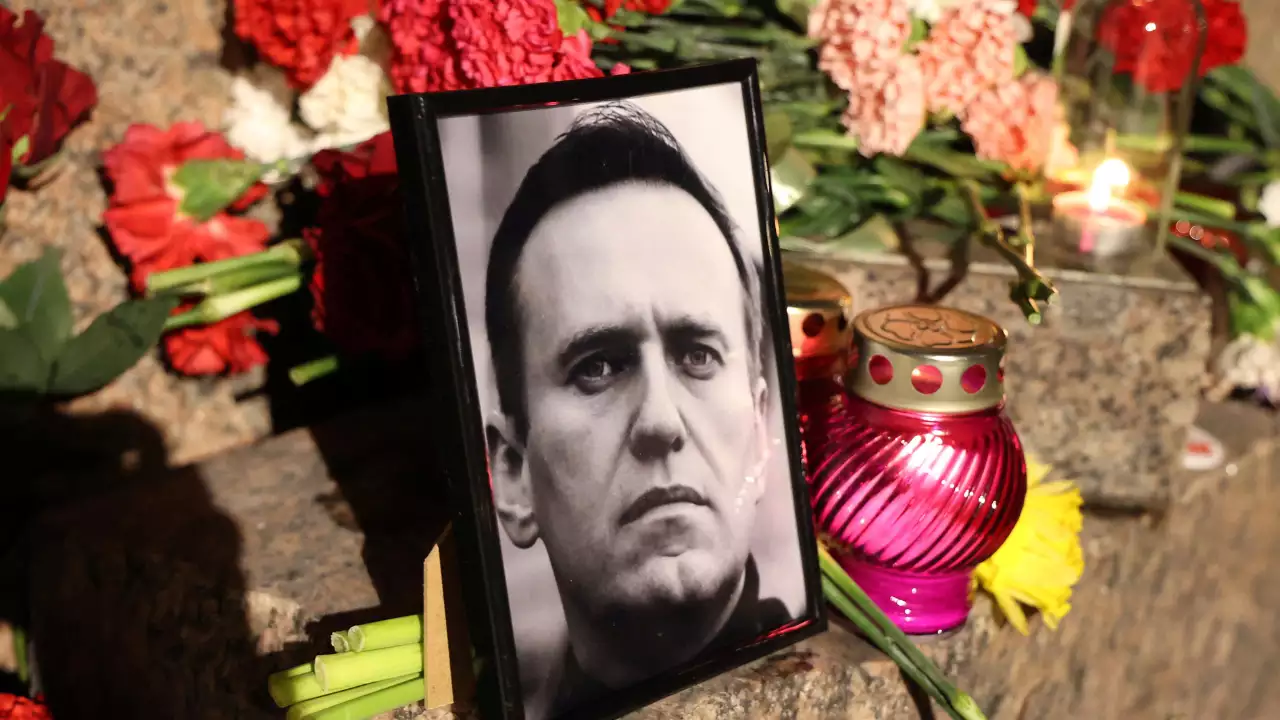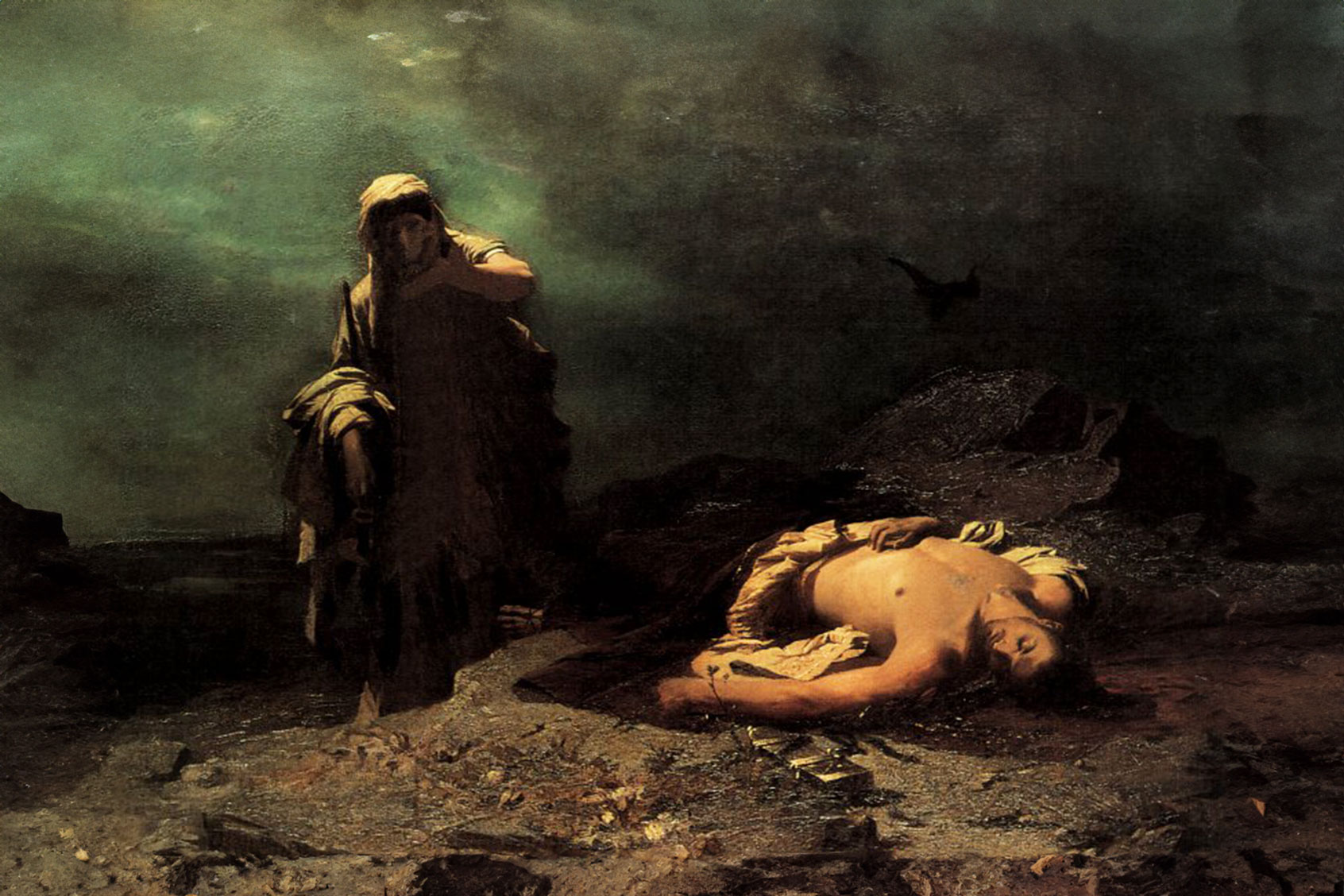A dictator utilizes the body of an adversary as a tool for further retribution, withholding it from the family to intensify their suffering and assert dominance over the populace. Mourning publicly is prohibited, leaving no place for burial or commemoration.
The female relatives left with the somber duty of burying their loved ones, find themselves powerless except for their simmering rage. In this regime, principles of law, tradition, and morality hold no sway. A deceased individual becomes nothing more than a pawn in the ruler’s game of power.
This narrative echoes that of Alexei Navalny, yet it is not a narrative confined to the present. In 441 B.C., the ancient Athenian playwright Sophocles depicted a similar narrative in his tragedy “Antigone,” which revolves around a despot’s manipulation of a fallen soldier’s corpse.
The play unfolds in a mythical era in the city of Thebes, during a period of tension following the conflict with Athens. Antigone, the central figure, is a princess of the ruling lineage. With both her parents deceased and her two brothers having perished in a fratricidal struggle for power, one brother, Eteocles, lies in state while the other, Polyneices, remains unburied on the battlefield outside the city gates as a traitor.

Navalny
Antigone’s uncle, Creon, ascends to the throne as the new king of Thebes. His proclaimed mission is to restore political stability, and his first decree is to forbid the burial of Polyneices, branding him a traitor for leading a foreign army against the kingdom.
Creon threatens death upon anyone who dares to offer even a token of respect to the fallen. The citizenry, represented by the chorus, is appalled by this decree, seeing it as a transgression against divine law.
Antigone and her sister Ismene, the sole surviving female kin, are traditionally tasked with performing funeral rites. However, Creon extends his edict even to them, denying them the right to honor their brother. Ismene, fearing Creon’s wrath, urges Antigone to comply silently. Antigone, however, refuses to yield, determined to uphold familial duty despite the consequences.
Despite Creon’s guards, Antigone manages to symbolically bury her brother by sprinkling dust over his body, an act deemed sacrilegious by the ruler. Enraged by her defiance, Creon orders the dust to be removed and threatens the guards with death for their failure to prevent it.
Antigone persists in her defiance, leading to her capture and subsequent confrontation with Creon. Unyielding, Creon sentences her to death, emphasizing his authority and the consequences of disobedience. Even his son, Haemon, who is betrothed to Antigone, pleads with his father to show mercy, but Creon remains resolute.
To avoid direct responsibility for Antigone’s death, Creon orders her to be entombed alive, which triggers a series of tragic events. The prophet’s warnings and the subsequent suicides of Antigone, Haemon, and Creon’s wife serve as a grim reckoning for Creon’s hubris and disregard for divine law.
Through “Antigone,” Sophocles presents a profound exploration of moral dilemmas. While the refusal to grant burial rites to traitors was not uncommon in ancient Athens, the play challenges the audience to ponder the ethical implications and divine repercussions of such actions.
The fate of Antigone and her family serves as a cautionary tale, illustrating the consequences of autocratic rule and the importance of moral integrity. In a society divided by various factors, including religion, wealth, and ethnicity, such moral introspection remains crucial, though often neglected.
In today’s context, where political divisions and authoritarian tendencies persist, the lessons of “Antigone” resonate deeply. The silence of many in the face of injustice, particularly concerning figures like Navalny, underscores the ongoing struggle for freedom and justice. Navalny’s widow, Yulia, echoing the defiance of Antigone, calls attention to the desecration of the dead and the perversion of law by those in power.
As we witness the unfolding events, it becomes imperative to heed the voices of dissent and uphold the principles of justice and humanity. The legacy of Antigone serves as a timeless reminder of the enduring power of moral courage in the face of tyranny.























